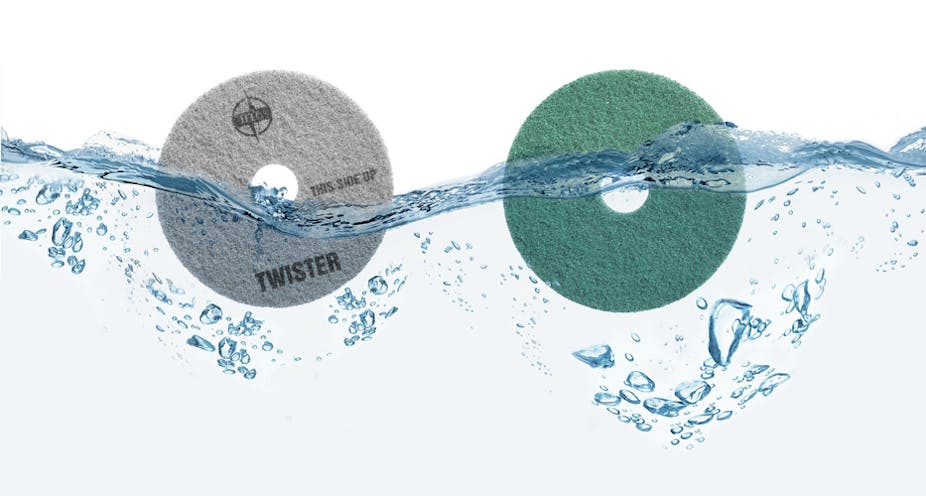Chemists have long protested the use of the term “chemical-free” in marketing, particularly when used to promote organic produce.
This can be seen in the continuing complaints to the advertising standard agency on the grounds that “chemical-free” is a misleading term.
Meanwhile campaigners have continued the fight by producing many posters detailing the chemical composition of natural products to continue highlight the absurdity of the term.
They point out that there is of course nothing that is chemical-free. The word chemical stands for anything that is the result of changes to atoms or molecules, which is absolutely everything around you.
All this explaining and campaigning, however, has been to no avail. The phrase “chemical-free” remains a favourite among buyers.
And now it seems that even some scientists are joining the brigade. They believe it is perfectly possible to manufacture a chemical-free product.
Almost 4,000 peer-review papers report the existence of chemical-free products and these include publications from the American Chemical Society and the Royal Society of Chemistry.
Peer-review is the gold standard among academics to determine the real worth of a scientific paper. So it is not just the many thousands of authors behind those papers, but also those who reviewed that paper who think that chemical-free science is actually worth publishing.

Such advances are not limited to academic papers. Technical advances have been filed for patents describing chemical-free methods in the hope of demonstrating practical applications of the so-called “science” and how it can be turned into workable technologies.
The trouble such academic articles cause is that scientists cannot act as a group and fight against the chemical-free lobby. In a last ditch attempt, the Royal Society of Chemistry has started a campaign. They are offering £1m to anyone who can find a verifiable chemical-free product.
That certainly is a bold move, and I hope it helps. But maybe others can help, too.
According to Paul Bracher at Saint Louis University, customers can sue companies for using the chemical-free label. There are laws that say that customers cannot be deceived in advertising.
The three criteria that need to be met, at least in the US, before some can sue a company advertising for such products are that: the ad must be deceptive, it must affect the customer and it must cause a material change in behaviour on part of the customer. In case of chemical-free advertisers, Bracher argues, all the criteria are met.
But, for now, I think, as the most trusted group of professionals in public scientists ought to clean up their own back yards. Starting with removing “chemical-free” from academic literature may be a good start. Then the suing can begin.

